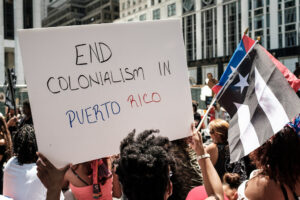
Puerto Rican socialist Rafael Bernabe calls for a Green New Deal in Puerto Rico, to facilitate its economic and ecological reconstruction.
Rafael Bernabe is a Senator for the Movimiento Victoria Ciudadana in Puerto Rico. He is the author of several books including, with César Ayala, Puerto Rico in the American Century: A History Since 1898 (Chapel Hill: University of North Carolina Press, 2006).

Puerto Rican socialist Rafael Bernabe calls for a Green New Deal in Puerto Rico, to facilitate its economic and ecological reconstruction.
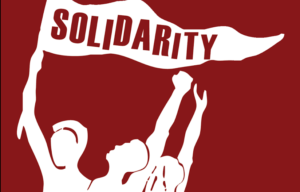
How should the left respond to NATO expansionism and Western imperialist policy? As anti-imperialists we reject both NATO imperialism and Putin’s imperialist reaction to it.

The summer of 2019 will go down as a major moment in Puerto Rico’s history. Between July 10 and 25, street protests—unprecedented in their intensity, persistence, diversity, and size—led to an unprecedented result: The Island’s highest government official . . .
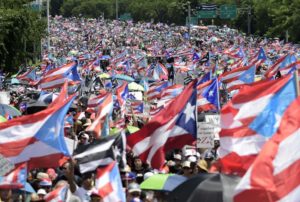
The discredit attained by the dominant parties, by the legislature, by the “politicians” and even “politics” itself, defined inaccurately, but viscerally despised by many people, recalls the concept of “organic crisis” advanced by the Italian Marxist Antonio Gramsci. Authors such . . .
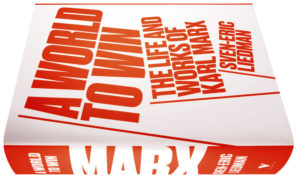
A World to Win: The Life and Works of Karl Marx
By Sven-Eric Liedman
Translated by Jeffrey N. Skinner
Part of the Marx 200 series
Verso Books, 2018, 768 pages, $40 hardcover.
Amid an outpouring of discussion and new works marking the bicentennial of Karl . . .
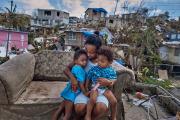 Isolating the situation of Puerto Rico is one of the mechanisms used to seek acceptance of the austerity policies that are now being imposed on the Island.(1) If the crisis is seen as the result of actions by Puerto Ricans or their government — if the responsibility lies, exclusively or fundamentally, in Puerto Rico — then it is logical that it bears the consequences of its own deeds or misdeeds, painful as they may be.
Isolating the situation of Puerto Rico is one of the mechanisms used to seek acceptance of the austerity policies that are now being imposed on the Island.(1) If the crisis is seen as the result of actions by Puerto Ricans or their government — if the responsibility lies, exclusively or fundamentally, in Puerto Rico — then it is logical that it bears the consequences of its own deeds or misdeeds, painful as they may be.
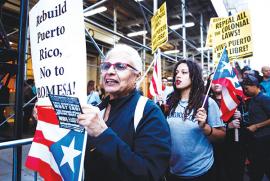 Dear Friends:
Dear Friends:
By now you have surely heard about the catastrophic impact of Hurricane María in Puerto Rico, as well as the slow and still inadequate response by U.S. federal agencies, such as FEMA.
A month after María, dozens of communities are still inaccessible by car or truck. Close to 90 percent of all homes lack electricity. Half lack running water. Many of Puerto Rico’s 3.2 million residents have difficulties obtaining drinking water. The death toll continues to rise due to lack of medical attention or materials (oxygen, dialysis) or from poisoning caused by unsafe water.
 (Normally my writing, especially when facing new situations,is the result of discussions with my comrades. But these days we are practically incommunicado. That’s why even more than in other cases, this article is entirely my responsibility. And, at the same time, I write with incomplete informatioin, the result of the same lack of communication, and therefore everything that I write is, even more than usual, subject to future correction. – RB)
(Normally my writing, especially when facing new situations,is the result of discussions with my comrades. But these days we are practically incommunicado. That’s why even more than in other cases, this article is entirely my responsibility. And, at the same time, I write with incomplete informatioin, the result of the same lack of communication, and therefore everything that I write is, even more than usual, subject to future correction. – RB)
Crises raise new, sharp problems that unveil and accentuate both the admirable and the negative aspects of the societies they affect. They also pose new tasks and offer new perspectives on already established plans. The case of Puerto Rico and the effect and response to the strike by Hurricane María is no exception.
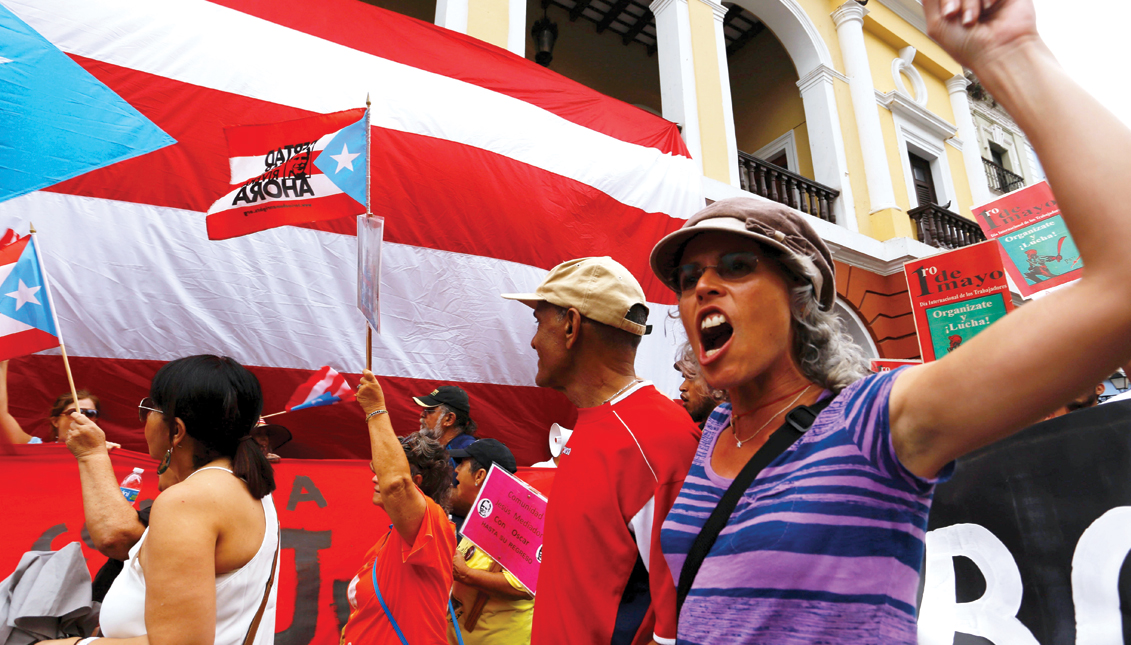
In 2006, the University of North Carolina Press published Puerto Rico in the American Century, a history of Puerto Rico since 1898, written by César J. Ayala and I.
PUERTO RICO HAS been in the news lately, particularly the financial news. The possibility that its government may default on part of its $73 billion public debt has drawn the attention of Wall Street analysts. The New York Times has deemed the situation worthy of several editorials.
 The Partido del Pueblo Trabajador—the Party of the Working People (PPT)—is a political project of the Puerto Rican left addressed to working people in the context of the island’s deep economic crisis.
The Partido del Pueblo Trabajador—the Party of the Working People (PPT)—is a political project of the Puerto Rican left addressed to working people in the context of the island’s deep economic crisis.